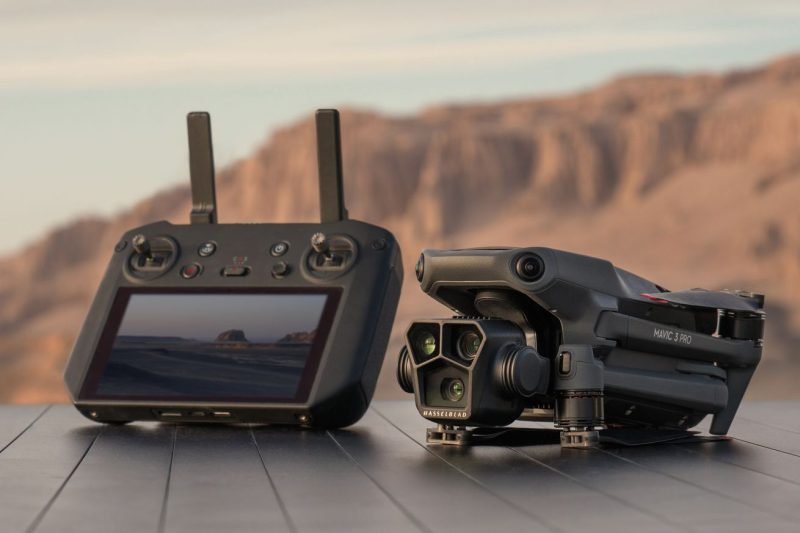In recent news, DJI, the world’s leading drone manufacturer, has made headlines for taking legal action against the United States Department of Defense after being labeled a Chinese military company. This labeling has sparked a contentious debate within the tech industry and among policymakers regarding national security concerns and the impact of such allegations on DJI’s business operations.
DJI, known for its innovative drones and camera technology, is a prominent player in the commercial drone market and has established a global reputation for its high-quality products. The company has been at the forefront of utilizing drones for various applications, including photography, filmmaking, agriculture, and search and rescue operations. However, concerns have been raised in the US and other countries about the potential national security risks associated with using Chinese-made drones, particularly amid escalating geopolitical tensions.
The decision by the US Department of Defense to designate DJI as a Chinese military company has sparked criticism and backlash from DJI, with the company vehemently denying the allegations and asserting that it operates independently of any military influence. This move has not only cast a shadow of doubt on DJI’s credibility and integrity but has also raised questions about the implications for its business relationships and partnerships with government agencies and commercial clients.
The legal battle between DJI and the US Department of Defense underscores the complexities of navigating the geopolitical landscape in the tech industry. The accusations of being a Chinese military company have the potential to tarnish DJI’s brand image and credibility, potentially resulting in revenue losses and market share erosion. Moreover, the legal dispute may also have broader implications for other Chinese tech companies operating in the global market, as they face increased scrutiny and skepticism over their ties to the Chinese government.
While national security concerns are a valid issue that governments need to address, it is essential to balance security considerations with the principles of fair competition and due process. Accusations of being a military company can have far-reaching consequences for companies like DJI, impacting their ability to compete in the global market and undermining their efforts to innovate and grow. As the legal battle between DJI and the US Department of Defense unfolds, it is crucial for both parties to engage in a transparent and impartial dialogue to ensure a fair resolution that upholds the principles of justice and accountability.
In conclusion, the legal dispute between DJI and the US Department of Defense highlights the challenges that tech companies face in navigating the complex geopolitical landscape. The accusations of being a Chinese military company have the potential to damage DJI’s reputation and business operations, raising concerns about the implications for its future growth and sustainability. Moving forward, it is imperative for both sides to engage in meaningful dialogue and legal proceedings to address the allegations in a fair and impartial manner, while also upholding the principles of transparency and due process in the tech industry.

